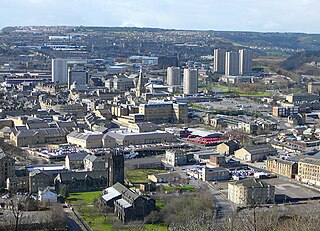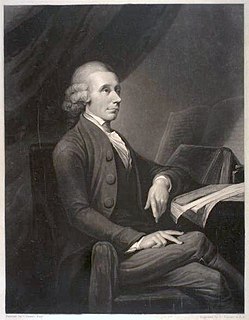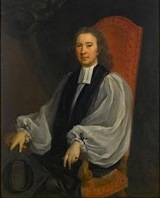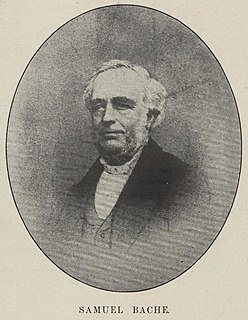Life
Turner was born on 13 January 1788 in Newcastle, the son of Mary (1759–1797) and William Turner. He was educated at the University of Glasgow where he graduated with an MA in 1806, at Manchester College (then based in York), and at the University of Edinburgh (1808). From 1809 to 1827 he was tutor at Manchester College in mathematics and philosophy.

Newcastle upon Tyne, commonly known as Newcastle, is a city in Tyne and Wear, North East England, 103 miles (166 km) south of Edinburgh and 277 miles (446 km) north of London on the northern bank of the River Tyne, 8.5 mi (13.7 km) from the North Sea. Newcastle is the most populous city in the North East, and forms the core of the Tyneside conurbation, the eighth most populous urban area in the United Kingdom. Newcastle is a member of the UK Core Cities Group and is a member of the Eurocities network of European cities.

William Turner (1761–1859) was a Unitarian minister and educator who advanced the anti-slavery movement in Northern England, contributed to the development of intellectual institutions in Newcastle upon Tyne, and published sermons on a variety of topics.

The University of Glasgow is a public research university in Glasgow, Scotland. Founded by papal bull in 1451, it is the fourth-oldest university in the English-speaking world and one of Scotland's four ancient universities. Along with the universities of Edinburgh, Aberdeen, and St Andrews, the university was part of the Scottish Enlightenment during the 18th century.
In February 1829 he became minister of Northgate End chapel, Halifax, where he was a promoter of educational and scientific culture. He died on 30 December 1853. He married (11 September 1817) Mercy Benton, niece of Newcome Cappe. No children.

Halifax is a minster town in the Metropolitan Borough of Calderdale in West Yorkshire, England. Historically in the West Riding of Yorkshire, the town has been a centre of woollen manufacture from the 15th century onward, originally dealing through the Piece Hall. Halifax is known for Mackintosh's chocolate and toffee products including Rolo and Quality Street. The Halifax Bank was also founded and is still headquartered in Halifax. Dean Clough, one of the largest textile factories in the world at more than 1⁄2 mile (800 m) long, was in the north of the town. The premises have since been converted for office and retail use including a gym, theatre, Travelodge and radio station.
Newcome Cappe, was an English unitarian divine. He served as the pastor of the York Unitarian Chapel, located in York, England. Cappe published various sermons and after his death his second wife, Catharine Cappe published many more.







